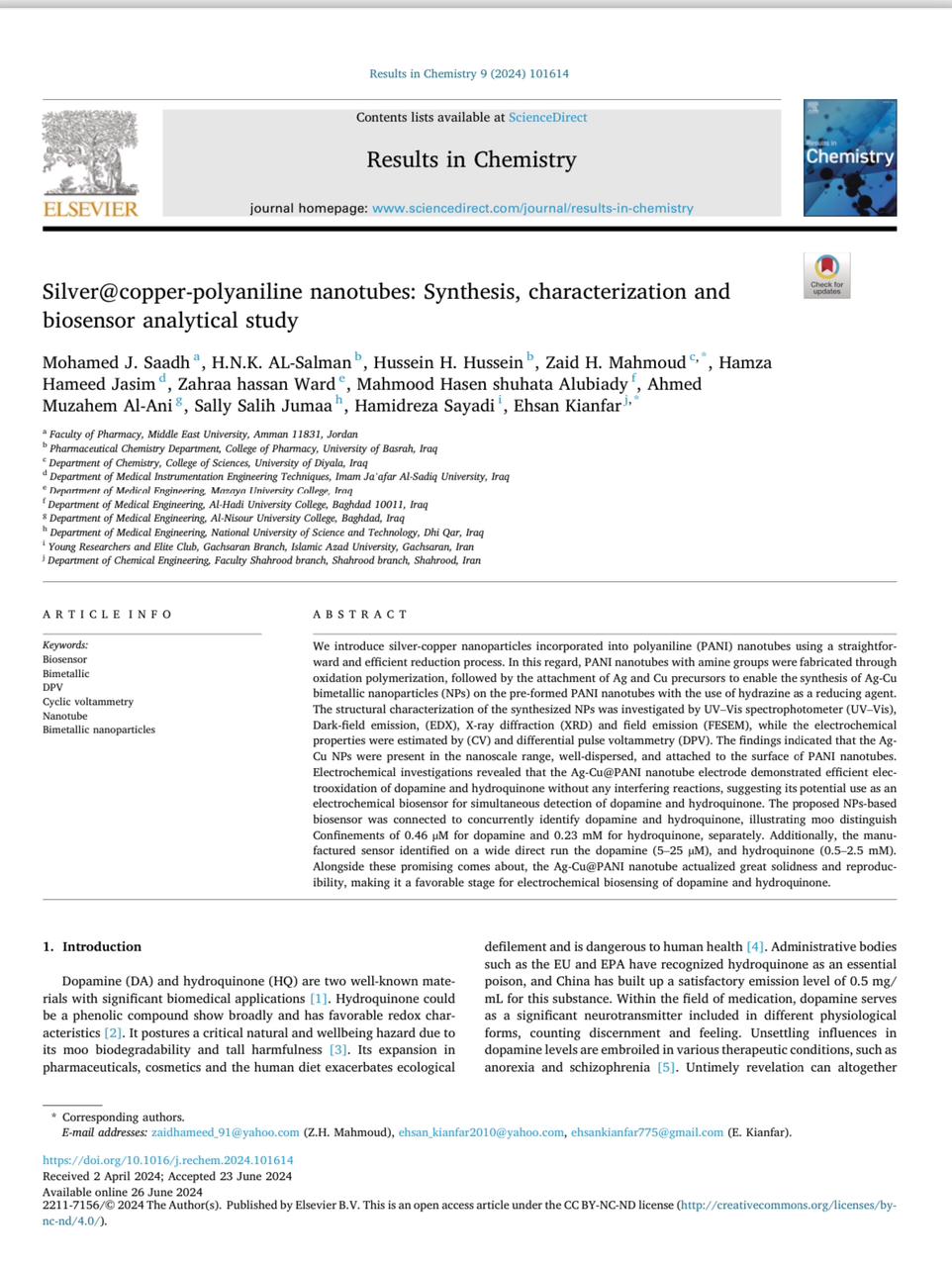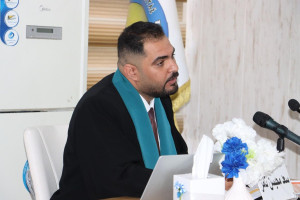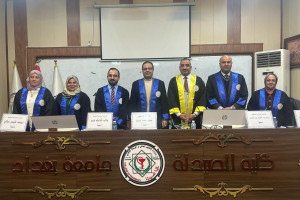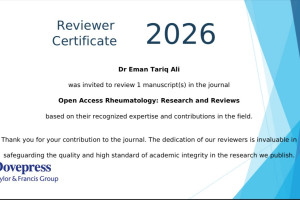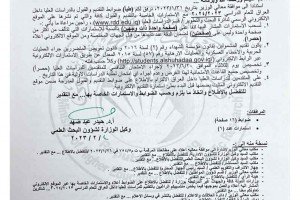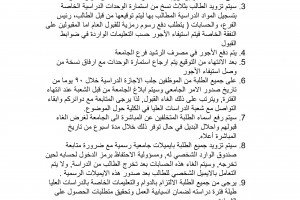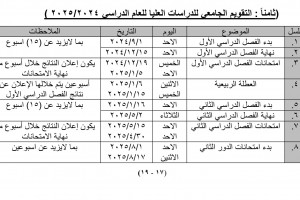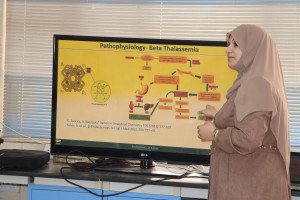
The lecturer at the College of Pharmacy at the University of Basrah Dr. Hussein Nasser Khalaf, published a research entitled (Silver, Copper and Polyaniline Nanotubes: Synthesis, Characterization and Analytical Study of the Biosensor) in the Dutch journal Results in Chemistry and within the Scopus classification
The research included the fabrication of PANI nanotubes with amine groups by oxidative polymerization, followed by the binding of Ag and Cu precursors to enable the synthesis of Ag-Cu bimetallic nanoparticles (NPs) on the pre-formed PANI nanotubes using hydrazine as a reducing agent.
The research concluded through electrochemical tests that the nanotube electrode showed effective electrooxidation of dopamine and hydroquinone without any interfering reactions, indicating the possibility of using it as an electrochemical sensor for the simultaneous detection of dopamine and hydroquinone. The proposed NPs-based biosensor was connected to simultaneously recognize dopamine and hydroquinone, demonstrating a discrimination of up to 0.46 μM for dopamine and 0.23 mM for hydroquinone, separately. In addition, the fabricated sensor was widely and directly characterized for dopamine (5–25 μM) and hydroquinone (0.5–2.5 mM). Besides these promising results, the nanotube achieved great rigidity and reproducibility, making it a favorable stage for electrochemical biosensing of dopamine and hydroquinone.
